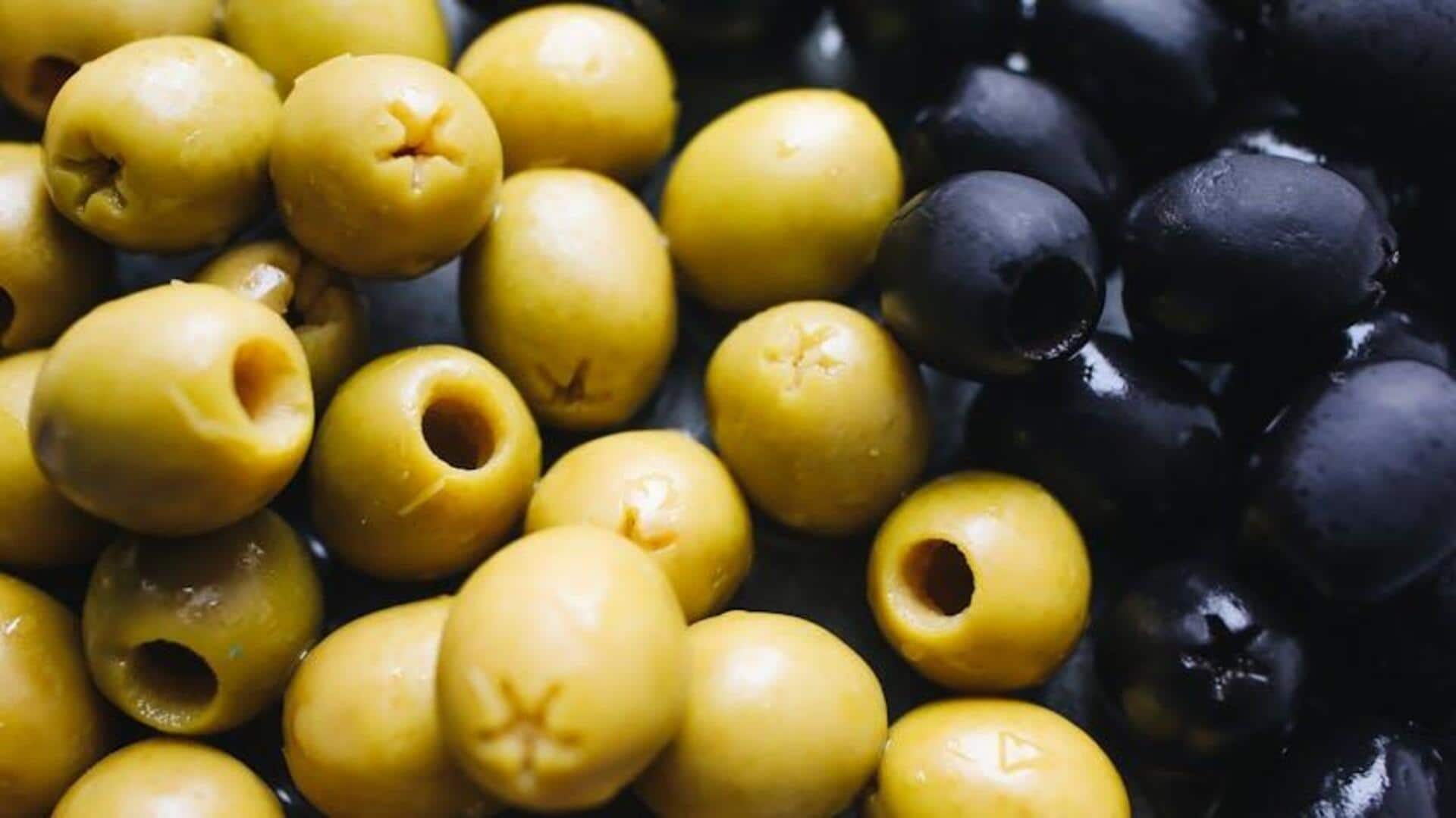
Key olive varieties in Mediterranean African cuisine
What's the story
Olives, prized for both their flesh and oil, are the beating heart of Mediterranean African cuisine.
This article uncovers the essential olive varieties that define this region's culinary landscape.
By delving into the world of these olives, readers gain a deeper appreciation for the distinct flavors and traditions woven into Mediterranean African dishes, highlighting their significance beyond mere culinary ingredients.
Picholine
The Picholine Marocaine: A Moroccan delight
Hailing from Morocco, the Picholine Marocaine is prized for its firm texture and subtly nutty taste.
It's frequently enjoyed as an appetizer, marinated in a tantalizing blend of herbs and lemon.
Beyond the table, this variety serves as the backbone of Morocco's high-quality olive oil industry, playing a crucial role in the nation's olive oil production.
Chemlali
Chemlali: Tunisia's golden olive
Chemlali olives are indigenous to Tunisia and possess a high resistance to various environmental adversities.
They are small to medium in size but pack a punch in oil content, hence, perfect for olive oil production.
The oil extracted from Chemlali olives is cherished for its delicate flavor and adaptability in a range of culinary applications.
Dahbia
Dahbia: Algeria's hidden gem
While not as well-known internationally, Dahbia olives are highly prized within Algeria for their complex flavor, which combines fruity and bitter elements.
These olives, harvested green, possess a unique texture that distinguishes them from other varieties.
Unlike some other olives, Dahbias are primarily utilized for table eating and not for oil production.
Barouni
Barouni: A versatile Tunisian variety
The Barouni olive, also originating from Tunisia, is distinguished by its large size and firm flesh.
This makes it ideal for pickling or using fresh in salads, where its crunchy texture and robust flavor can shine.
Although not the first choice for oil production, Barouni olives definitely have a place at the table in Tunisian cuisine.
Koroneiki
Koroneiki: A Greek legacy in North Africa
Hailing from Greece, the Koroneiki olive has found a second home in North Africa, thriving in its climate and soil.
Prized for its small size but mighty output of premium olive oil, this olive variety delivers a unique peppery flavor that sets it apart.
Its appeal has grown in recent years, with North African producers increasingly turning to it to raise the bar for their olive oil offerings.